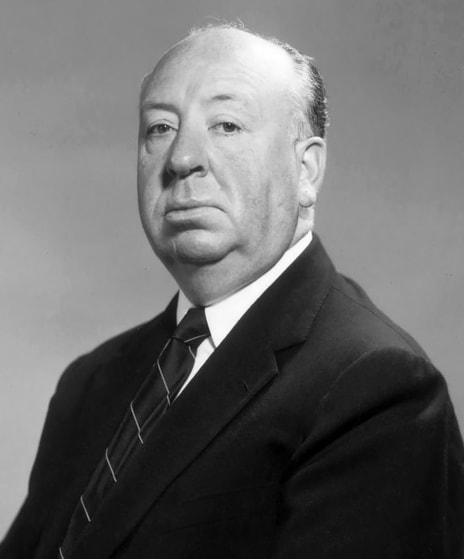One of the most prominent themes in Hitchcock's films is the idea of the "wrong man." This trope is seen in many of his movies, such as "The 39 Steps," "Saboteur," and "North by Northwest," where the protagonist is falsely accused of a crime and must clear their name. This theme plays on the audience's fear of being falsely accused and the idea of being caught up in a situation beyond one's control.
Another recurring theme in Hitchcock's movies is the exploration of guilt and innocence. Many of his characters are struggling with their own guilt or the guilt of others, such as in "Shadow of a Doubt" and "Strangers on a Train." The concept of guilt and innocence is often intertwined with the idea of the "wrong man," as the protagonist may be innocent of the crime they are accused of, but guilty of other moral transgressions.
Hitchcock's movies also often feature strong and complex female characters. Many of his leading ladies are independent and resourceful, such as Tippi Hedren's character in "The Birds" and "Marnie," and Grace Kelly's characters in "Rear Window" and "To Catch a Thief." These characters challenge traditional gender roles and add depth to the story.
Another theme in Hitchcock's movies is the idea of voyeurism, or the act of watching others without their knowledge. This theme is seen in films such as "Rear Window," where the protagonist, played by James Stewart, becomes obsessed with observing his neighbors, and "Psycho," where the audience is given a voyeuristic glimpse into the mind of the film's antagonist. This theme plays on the audience's own voyeuristic tendencies and the idea of the audience as a silent witness to the unfolding events of the story.
Finally, the theme of obsession is also prevalent in Hitchcock's films, where characters are consumed by a single idea or person. This theme can be seen in films like "Vertigo," where James Stewart's character becomes obsessed with a woman, and "Rebecca," where the protagonist becomes obsessed with the memory of her deceased husband's first wife.
In conclusion, Alfred Hitchcock's films are known for their exploration of psychological themes such as guilt, voyeurism, and obsession. His films often feature the "wrong man" trope, where the protagonist is falsely accused of a crime and must clear their name, and strong and complex female characters. These themes, along with his masterful use of suspense, have cemented his place in history as one of the greatest film directors of all time.


 RSS Feed
RSS Feed